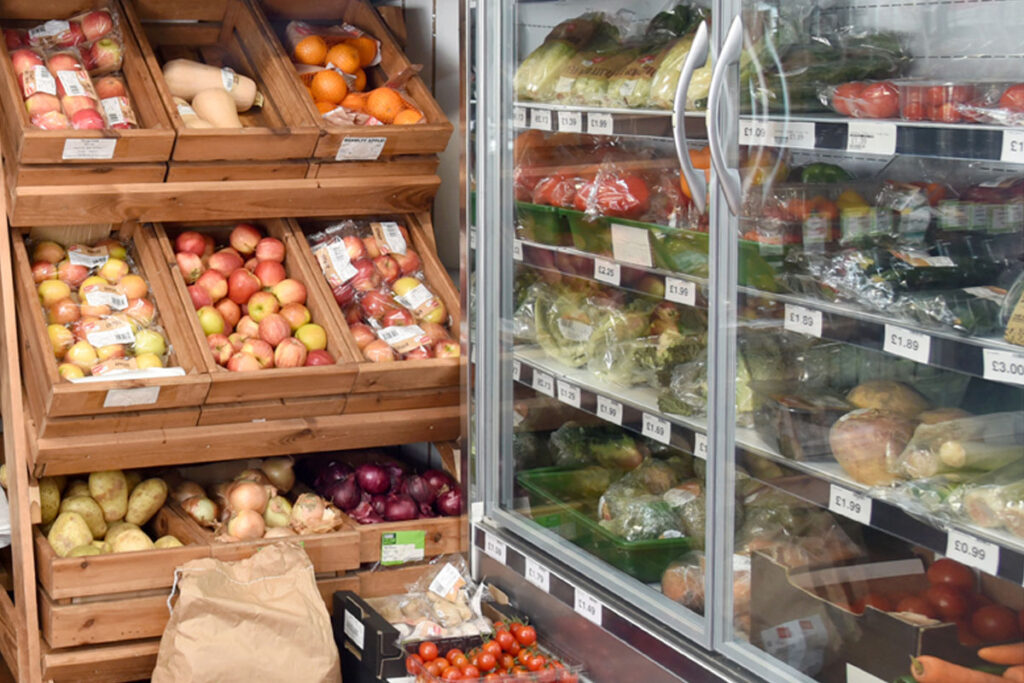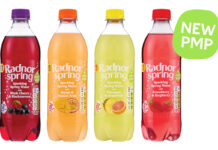Sales and promotions help to stabilise inflation for September

INFLATION remained steady across the UK at the end of September, with a drop in costs across food and drink as annual rates for transport rose when compared to the same time in 2024.
This is according to the latest inflationary data from the Office for National Statistics (ONS), which found that, for the 12 months to the end of September, the consumer price index including housing costs (CPIH) figure stood at 4.1%. This was the same figure by the end of August as well.
Despite inflation remaining steady between the months, Matthew Ryan, head of market strategy at global financial services firm Ebury, believes that only time will tell if we have truly seen a peak to the inflation figure, especially as it still remains above the Bank of England’s target of 2%.
He said: “UK inflation is proving stubbornly persistent, printing at nearly double the Bank of England’s 2% target, albeit today’s surprise to the downside will be roundly welcomed.
“The Monetary Policy Committee (MPC) is stuck between a rock and a hard place. The cooling in Britain’s jobs market is screaming out for further reductions in the base rate, but high inflation warrants a need for caution.
“We think that most officials will probably need to see more evidence that inflation has indeed peaked, but today’s data does at least mark a step in the right direction.”
September saw the first time that the food and non-alcoholic beverages division drop on a month-to-month basis since March 2025 as the figure stood at 4.5% at the end of the month, down from August’s 5.1%.
There were small downward effects on this number due to a drop in five of the 11 food and non-alc beverages classes, namely:
• vegetables.
• milk, cheese and eggs.
• bread and cereals.
• fish.
• mineral water, soft drinks and juices.
The negative contribution from the food and non-alc beverages division has been caused, in part, by sales and discounting increasing at a greater rate into September 2025 then into September 2024.
Whilst it was good news on the food and drink front for September, the transport division did see a jump upwards which, partially, offset overall inflation and prevented it from falling.
For the 12 months to the end of September, the transport figure stood at 3.8% – up from August’s 2.4% – which the ONS has said was down to prices not falling as dramatically as they did during the same time period in 2024.
The average price of petrol fell by 0.2 pence per litre (ppl) between August and September 2025, which is compared to a fall of 5.5ppl during the same time period in 2024. Even with this, the average price of petrol stood at 134ppl in 2025, down from 2024’s figure of 136.8ppl.
Meanwhile, diesel prices saw a similar decline in 2025 with a drop of 0.4ppl in September. However, this was constrasted with the 2024 decline which saw average diesel prices fall by 6ppl. The average price of diesel stood at 141.8ppl in 2025, which was the same figure as September 2024.
Kris Hamer, director of insight at the British Retail Consortium, said: “Headline inflation remained unchanged last month, as an easing of food price rises was countered by an increase in transport inflation, notably air fares.
“Food inflation is expected to remain high into 2026 as inflationary pressures from the last Budget continue to filter through, something now being seen in the price of clothing and footwear.
“With the IMF warning that UK inflation will be the highest in the G7, the Chancellor must use the upcoming Budget to tackle rising prices head on. Retailers, already operating on tight margins, have been hit with £7 billion in additional taxes this year alone — costs they simply can’t absorb.
“The Government must use what levers it has to hold back the rising tide of inflation. Reform of business rates – delivering a meaningful cut for retailers with no shop paying more – would drive and help deliver better value for customers.”


















